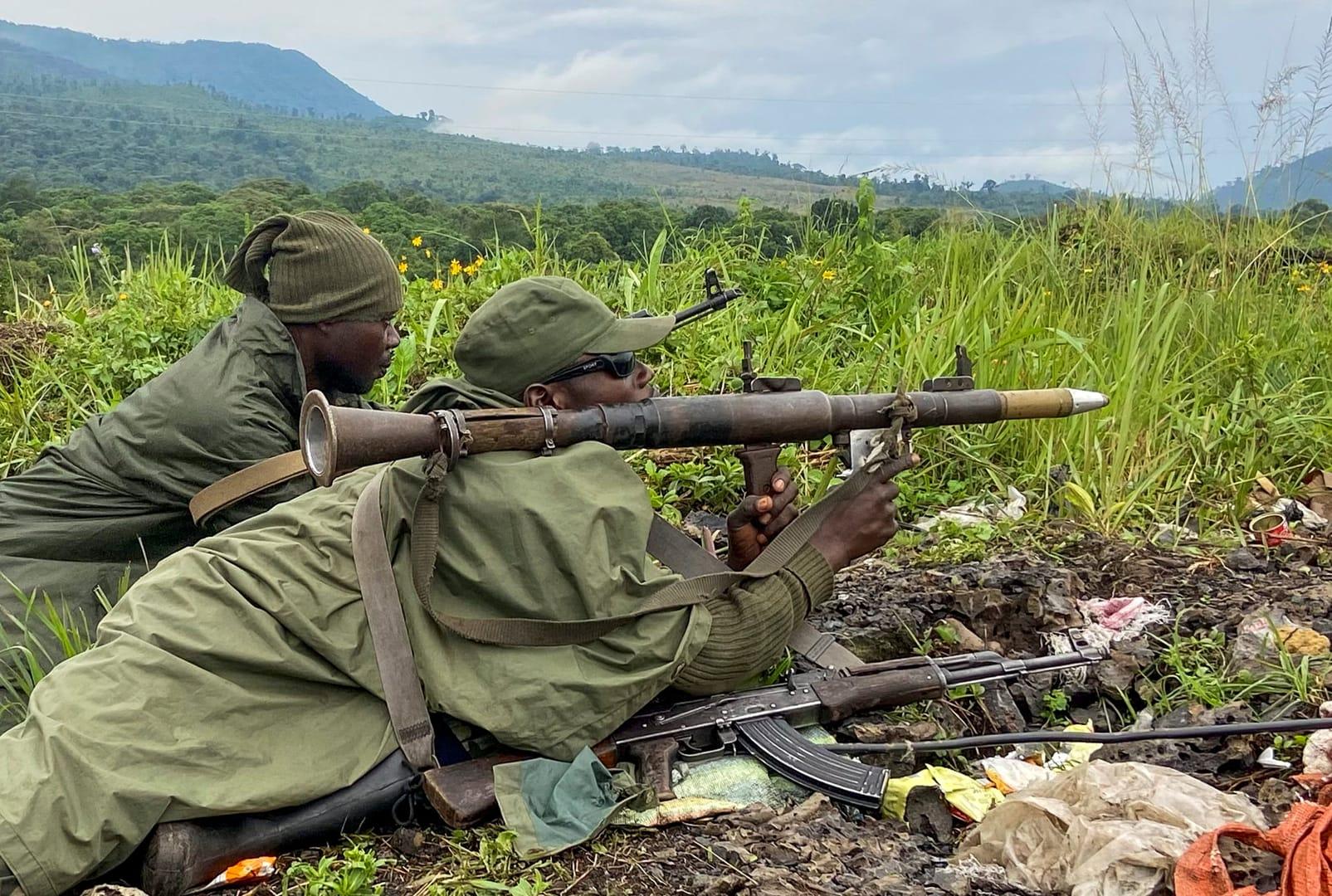YAOUNDÈ, Cameroon – Just weeks before the historic visit of Pope Francis to the Democratic Republic of Congo (DRC), the country’s bishops have once again expressed frustration at the escalating violence to the east of the country.
Rebels belonging to the March 23 Movement (M23) launched fresh attacks simultaneously on several localities on May 25, against the Armed Forces of the DRC, including in the localities of Kibumba, Nyiragongo, Tchanzu, Runyoni, Kanombe, and Rutshuru, all in North Kivu Province.
The latest fighting has forced nearly 100,000 people from their homes, according to the United Nations.
In a May 28 declaration, a copy of which was sent to Crux and signed by Archbishop Marcel Utembi Tapa of Kisangani, the president of the country’s bishops’ conference, the bishops lamented the continuing violence.
“The Congolese people who have suffered a lot and whose tears continue to flow as a result of conflicts driven by political interests are preparing to welcome the Holy Father, Pope Francis in July, who is coming as a peace builder and as an apostle of reconciliation. It is neither just nor honorable to try to deny these people this moment of joy that would be a source of blessing for our country, the DRC,” the statement said.
Francis will visit the DRC on July 2-5. The trip’s theme is “All Reconciled in Jesus Christ.” The pontiff will then travel to South Sudan before leaving for Rome on July 7.
In the statement, the bishops noted the fighting was persisting barely a month after a new peace accord was signed in Nairobi, Kenya, between rebel groups and regional governments.
“We are surprised that these clashes come just a few weeks after the Nairobi meeting where the Heads of State of the Great Lakes sub-region and the armed groups committed themselves to join efforts to bring peace to the East of the Democratic Republic of Congo,” the statement said.
The regional leaders said during the Nairobi meeting they would immediately form a regional force “to help contain and, where necessary, fight the negative forces.”
But recent fighting, apparently supported by some of the countries that signed the Nairobi agreement, suggests that there was little sincerity in the agreement.
“There was a commitment by the governments of the Great Lakes countries to work in synergy to eradicate the armed groups in eastern Congo. That there is a resurgence of the M23 today, supported, as we hear, by Rwanda, indicates that the commitments made were not sincere,” Father George Kalenga, the deputy Secretary General of the National Bishops’ Conference of Congo (CENCO), told Crux.
The bishops’ conference said the “nightmare of war “had persisted for too long,” insisting it was time to silence the guns.
“CENCO asks the belligerents to come to their senses and seek dialogue. Let them immediately put an end to this umpteenth battle, which only pushes the Congolese people into misery,” the statement said.
The prelates said the use of arms “present a semblance of peace for those using them. At the same time, it sets the stage for future violence. The history of our sub-region reminds us of this.”
They urged the “competent authorities and the international community, in particular MONUSCO [the UN mission to the country], to use all the means at their disposal to ensure that this part of the country regains peace as soon as possible without giving priority to those responsible for these atrocities.”
In reference to the upcoming visit of the pope to the DRC, the bishops called on the people of Goma – a flashpoint of the violence and one of the towns Pope Francis will visit – “not to give in to panic, but continue to mobilize to give the Holy Father a welcome worthy of him.”
Kalenga told Crux that “with regard to the pope’s visit, preparations are continuing in Kinshasa and Goma. The Congolese people will not be intimidated.”
The Norwegian Refugee Council (NRC) has for two years labeled the conflict in eastern DRC as the world’s most neglected conflict.
An NRC report issued June 1 indicates that the DRC is now home to over 5.5 million Internally Displaced People – the third highest in the world – and a million more have sought refugee status in another country. In addition, around 27 million people are suffering from hunger in the country.
“Despite these urgent needs, support to the country is inadequate, and the situation has become a textbook example of neglect,” Jan Egeland, secretary general of the NRC said in a June 1 statement.
He said aid provided to the Congo last year equaled less than $1 a week per person in need.
“People inside and outside of Africa with the power to create change are closing their eyes to the waves of brutal and targeted attacks on civilians that shatter communities,” Egeland added.













